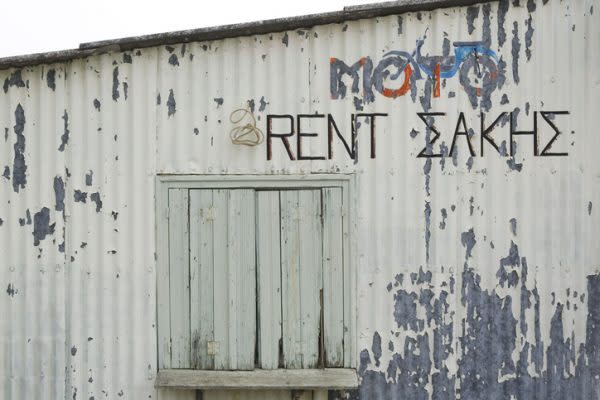Interested in property investment? Here are some ways to help lower your risk

Real estate is a favourite with long term investors in Singapore. Buying property offers the possibility of earning far more than the rate of return available from other asset classes.
Investors also have the opportunity to borrow a large part of the funds needed to purchase the property that they have selected.
The loan that you take to buy a flat can be repaid with the monthly rentals that you receive.
A large fall in the price of your newly purchased flat or office space could leave you with an unpaid loan amount that is more than the current value of the property itself.
How can you protect yourself from such a scenario? What are the steps that you can take to reduce the risks you face when making a real estate investment? Is there any way that you can save on taxes when you invest in property?
While each transaction is different and there is no way that you can eliminate risk altogether, there are a few basic safeguards that you should take. These will help you to protect the value of your investment to a certain extent.
Diversify your portfolio
Don’t make the mistake of buying half a dozen flats in the same building. It is also highly imprudent to purchase one expensive property instead of two or three less costly properties.
What if you are a new investor who has the financial capacity to buy only one property? Is there any way that you can reduce the probability of making a wrong investment decision?
There are two specific steps that you can take. One, ensure that you select your property very carefully. Check out the area and see if there are good schools in the vicinity. This is an important consideration for your prospective tenant.

Source: Pixabay
Try and ascertain whether there is a new project coming up in the area that could affect the value of your property. If there is limited access to public transport at the location that you are considering, a new train station could boost your property’s value.
Another precaution that you can take is to ensure that you build up an emergency fund. If your property falls vacant and the inflow of rentals stops, you will still have to meet your mortgage payments.
Are you aware of the tax benefits that you can claim?
You are required to pay income tax on the rental income that you receive. But you can substantially reduce your tax liability by claiming a deduction for a number of expenses directly connected with your property.
For example, the interest that you pay on the loan taken for buying a property can be reduced from your taxable income. There are various other deductions that you are entitled to.
Some of these “allowable expenses” are:
The property tax on your flat or condominium
The premium that you pay for fire insurance
Repair costs. But remember that you can only deduct those expenses that you incur to restore your property to its original state. Expenses for bringing about improvements cannot be claimed
The costs for maintaining the property
Agent’s commission for finding a subsequent tenant. (You cannot claim a deduction for the agent’s commission for finding your first tenant.)
Selling your property for a profit
Singapore’s real estate market has been trending downwards for the last three years. Prices have been falling for residential properties, office properties, and retail space. It is unlikely that a turnaround will take place anytime soon.
But anyone associated with the real estate market will tell you that prices will start rising sooner or later. When this happens, many investors would like to sell and book their profits.
Although these “capital gains” are generally not taxable, the Inland Revenue Authority of Singapore may impose a tax liability if they arrive at the conclusion that the seller is “trading in properties.”
Frequent buying and selling of properties at short intervals may attract income tax. It is advisable to familiarise yourself with income tax regulations so that you do not get any unpleasant surprises after you liquidate your investment.
An excellent investment option

Source: Thinkstock/Getty Images
Real estate investments can provide superlative returns. But this asset class is not for everyone. Investors need to have patience and the financial capability to last out periods when their property may lie vacant.
The key to real estate investing lies in careful planning and the willingness to ride out market swings. If you have these attributes, your chances of success are much greater.
(By Ravinder Kapur)
Related Articles
- A look at the rental yields of the property landscape in Singapore
- What does it mean to be a contrarian investor in property?
- Direct developer funds: What are they and how can you invest in them?

 Yahoo Finance
Yahoo Finance 
